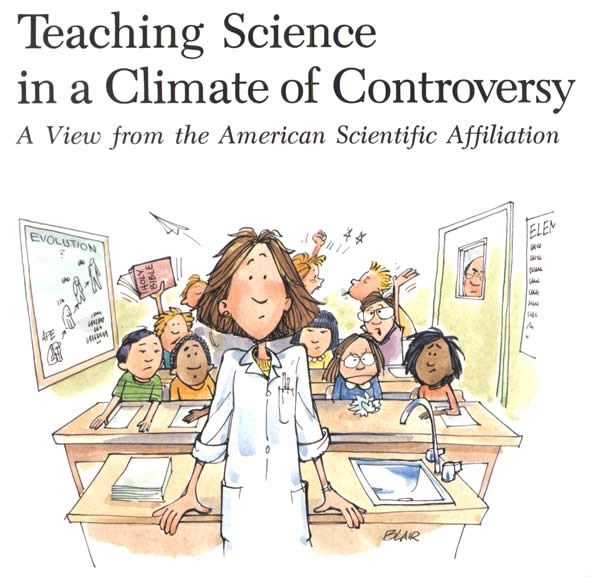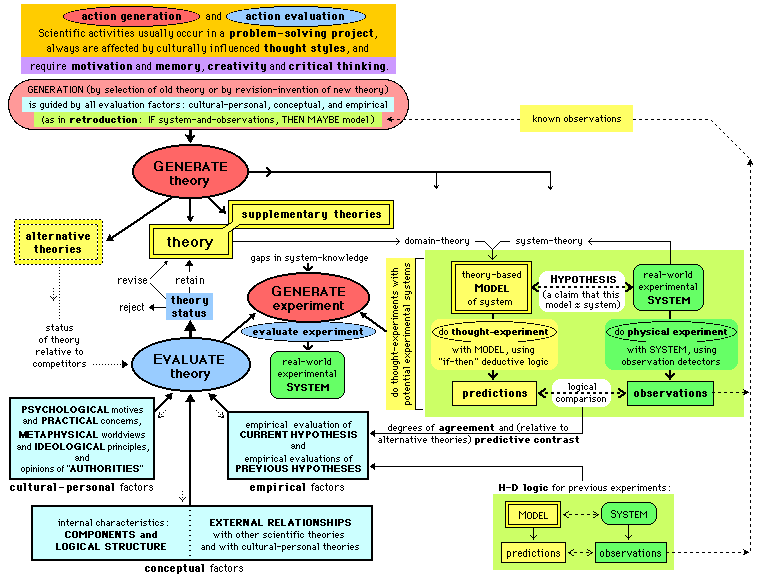Should we ask the questions?
For example, should scientists welcome the questions of Mike Behe,
viewing them as a stimulus for critical analysis and creative thinking, an
opportunity to better understand evolution at the molecular level? Should
science journals be eager to communicate new ideas, to host invigorating
debates between a theory's critics and its loyal defenders? Even if Behe's
answers turn out to be wrong, his
questions might be scientifically useful.
In the late-1990s, Mike Behe tried to publish in science journals, but
his papers were rejected. Was this response based on the evidence-and-
logic of scientific method? Were the rejections logical or sociological?
Were they related to methodological naturalism and an assumption that
"it happened by natural process" must always be the answer?
Should journal editors wait until proponents of design theories have
irrefutable proof? In the near future, scientists will disagree about the
plausibility of Behe's claims, but conflicts are common in science and
the resulting interplay of ideas can be productive.
Similar questions could be asked about a chemical evolution of the
first life, since current theories seem scientifically questionable.


